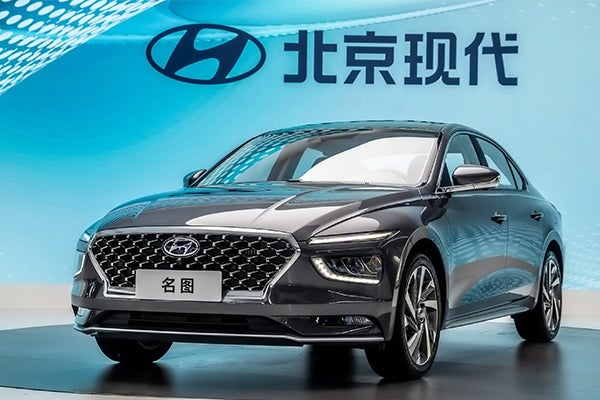
Hyundai Motor Company has confirmed it has temporarily shut down one of its four Chinese vehicle assembly plants due to weak sales in the country, according to local reports.
The South Korean automaker this week confirmed it has suspended operations at its Chongqing plant in China’s southwestern Sichuan province since the beginning of the year to improve production efficiency amid low capacity utilisation in the country.
A company spokesperson told reporters “the Chongqing factory is a small-car oriented factory and we have temporarily stopped producing vehicles there as part of our strategy to enhance efficiency and upgrade our product line-up”.
The 300,000 unit/year Chongqing facility was completed in 2017 at a cost of US$1.3bn and was partially refurbished in 2019 to accommodate electric vehicle (EV) production.
An unnamed Hyundai executive told the Chinese media “the Chongqing plant halted production in December and most workers have been put on leave”.
While Hyundai is doing well in mainstream regional markets globally, including Europe and North America, it has struggled in the Chinese market since an unofficial boycott of South Korean brands in 2017 – after a diplomatic spat flared up between the two countries over the deployment of the US’ THAAD anti-missile system in South Korea.
After peaking at nearly 1.2 million units in 2016, Hyundai’s Chinese factory sales plunged by almost 30% to 814,000 units in 2017 and continued to fall in subsequent years to just over 360,000 units in 2021. The brand’s sales in the country last year were reported at 385,000 units – a quarter of what they were five years ago.
